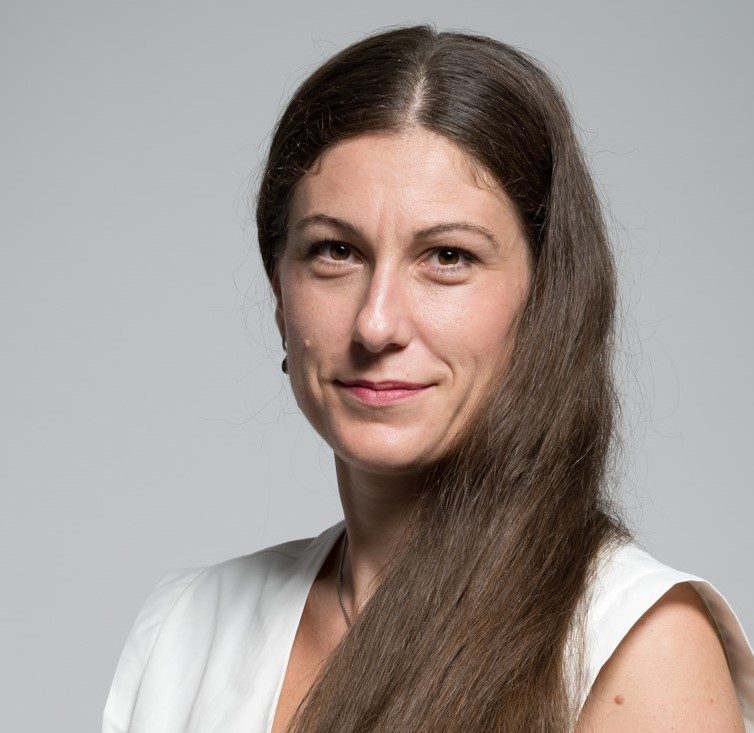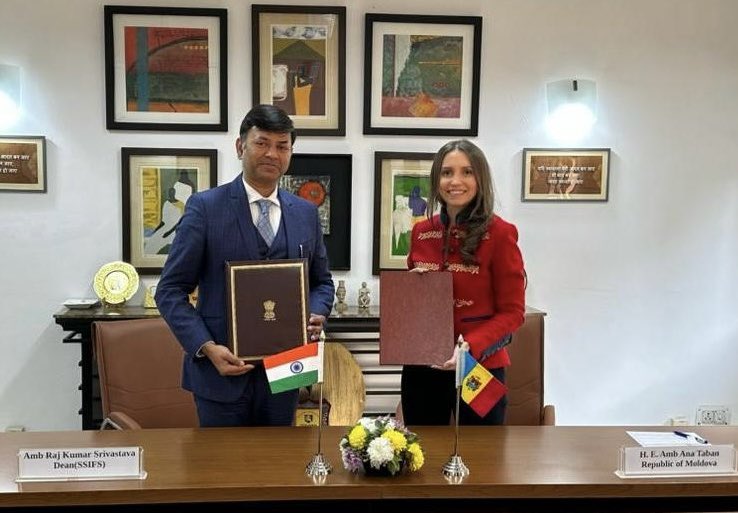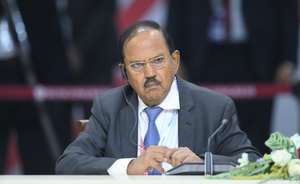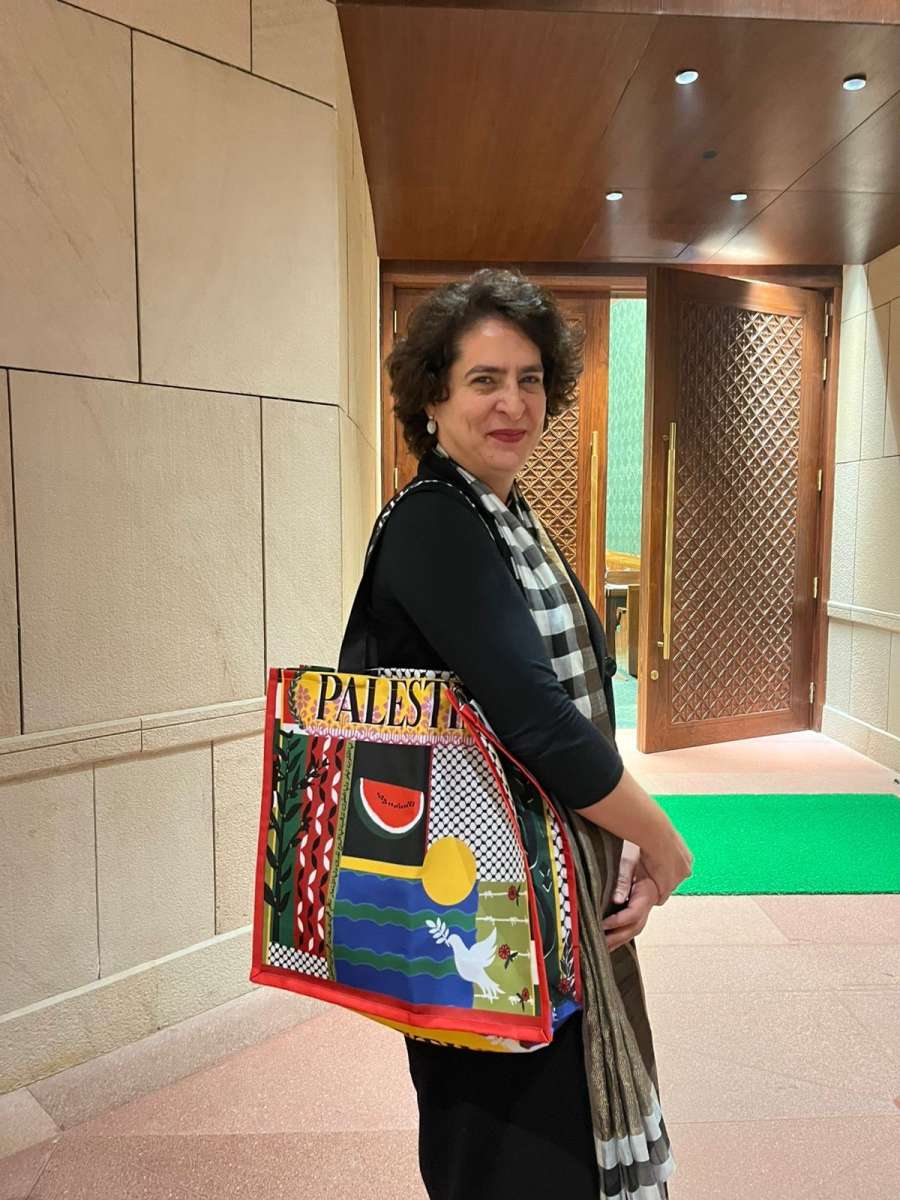President Xi urged cadres to confront corruption boldly, emphasizing “self-revolution” within the Communist Party to prevent exploitation by interest groups, during January’s Central Commission for Discipline Inspection session…reports Asian Lite News
Chinese President Xi Jinping has reiterated his call for Communist Party cadres to confront corruption head-on, aiming to prevent interest groups from undermining the party.
Xi’s remarks, delivered during January’s plenary session of the Central Commission for Discipline Inspection (CCDI), were recently highlighted in an article published by the Central Committee’s theoretical magazine, Qiushi.
In his speech, Xi urged party members to “deeply promote the party’s self-revolution,” emphasising the need to address internal issues and prevent the party from falling prey to powerful interest groups and privileged classes, South China Morning Post reported.
“If we don’t avoid criticism and whitewashing mistakes, and if we promptly identify and solve our own problems, we can effectively combat the preying and erosion of all interest groups,” Xi stated.
He also called on members to remain vigilant against potential threats as the party, its tasks, and the external environment evolve. “We must have the courage to turn the knife inwards and promptly eliminate all negative influences to ensure that the party remains full of vitality and vigour,” he added.
China’s anti-corruption drive, described by Xi as “severe and complex,” has been a cornerstone of his administration. At the January CCDI meeting, Xi underscored the importance of showing “no mercy” in tackling corruption. This stance was reinforced last week during a Politburo meeting, where leaders pledged to maintain a “high-pressure stance” against corruption.
The upcoming CCDI plenary session, scheduled for January 6-8, will likely be chaired by Li Xi, the CCDI secretary, and attended by senior political, legal, and military figures. The military anti-corruption campaign, which has implicated dozens of generals, remains a key focus of Xi’s broader effort.
Last month, Admiral Miao Hua, responsible for party work on the Central Military Commission (CMC), was suspended and placed under investigation for suspected “serious discipline violations,” a term often linked to corruption.
The CCDI’s investigations have already surpassed last year’s record, targeting 54 high-ranking officials, or “tigers,” compared to 45 in 2023. This reflects the sustained intensity of Xi’s anti-corruption campaign, which continues to reshape China’s political and military landscape.
Xi urges new achievements in modernisation
Chinese President Xi Jinping called for constant efforts to make new accomplishments that will stand the test of history and time and to fulfill the expectations of the people, amid the country’s drive to build a modern socialist country in all respects.
Xi, also general secretary of the Communist Party of China (CPC) Central Committee and chairman of the Central Military Commission, made the remarks while addressing a meeting held Monday to mark the 100th anniversary of the birth of late top legislator Qiao Shi at the Great Hall of the People.
Xi called for learning from Qiao’s noble character of holding on to his belief and dedicating himself to his ideals.
Highlighting Qiao’s strong Party consciousness, Xi emphasized that Party members should draw inspiration from his efforts to improve Party conduct and rigorously enforce discipline.
He called for learning from Qiao’s traits of staying true to the Party’s founding mission and working diligently for the people.
Qiao’s political commitment was evident from his determination to carry out reforms and courage to take action, Xi said.
He urged efforts to learn from Qiao’s pursuit in respecting and promoting the rule of law.
Xi also urged Party members to learn from Qiao’s work style which features seeking truth from facts with a pragmatic approach.
The meeting was presided over by Zhao Leji. Cai Qi and Li Xi attended the meeting. They are all members of the Standing Committee of the Political Bureau of the CPC Central Committee.
Zhao said Xi’s remarks are of great significance for carrying on and advancing the cause pioneered by generations of Chinese communists, as well as for realizing the goals of the Party and the people on the new journey in the new era.
ALSO READ: Energy to bind India, Lanka, UAE










